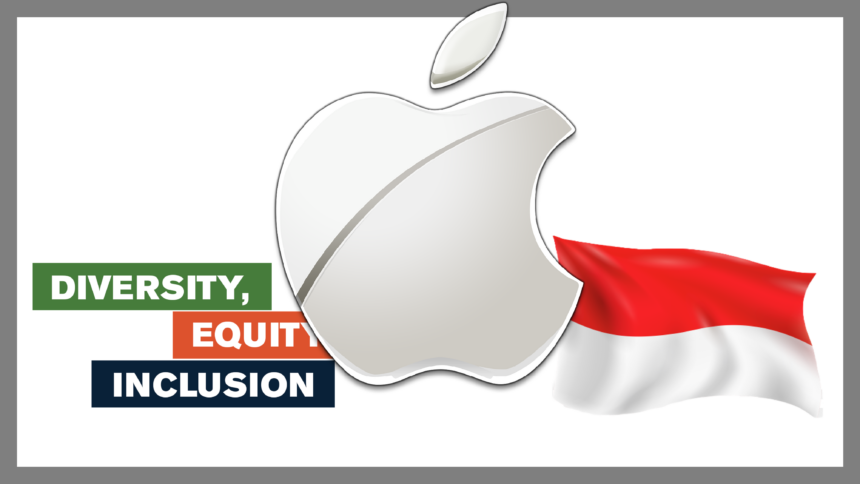Apple shareholders have clarified their stance — diversity, equity, and inclusion (DEI) policies are staying. Meanwhile, the company has secured a $1 billion deal in Indonesia, lifting the ban on the iPhone 16 in the country. These moves reinforce Apple’s commitment to workplace values while ensuring expansion in crucial markets.
What’s Happening & Why This Matters
Shareholders Reject Push to End Apple’s DEI Policies
A National Center for Public Policy Research proposal sought to eliminate Apple’s DEI programs, arguing they could expose the company to legal risks. The group referenced recent lawsuits at other companies, including a $25.6 million settlement against Starbucks, claiming DEI efforts could lead to discrimination complaints.
Apple shareholders rejected the proposal, reaffirming the company’s commitment to equal-opportunity policies. The company defended its approach, stating that diversity efforts align with business goals and legal requirements. While DEI programs have faced challenges from political and legal circles, Apple remains focused on maintaining its workplace policies.

This comes when corporate DEI initiatives are scrutinized, particularly with policy shifts under the Trump administration, which previously sought to curb such programs in government agencies. Despite political pressure, Apple continues to navigate business priorities and regulatory challenges, including tariffs affecting foreign-made chips.
Indonesia Reverses iPhone 16 Ban After Apple’s $1 Billion Deal
Apple has successfully negotiated the return of the iPhone 16 to Indonesia after an initial ban due to missed investment commitments and a failure to meet local sourcing requirements. The ban, enforced shortly after the device’s release, was overturned when Apple raised its investment pledge from $100 million to $1 billion.
As part of the agreement, Apple will establish an AirTag production facility on Batam Island and expand training and research programs for Indonesians. However, the company has no plans to manufacture iPhones in Indonesia.

This move comes as Apple looks for new growth markets amid slowing iPhone sales in China. With its growing population and increasing demand for premium smartphones, Indonesia presents an opportunity for expansion.
TF Summary: What’s Next
Apple continues balancing corporate values with global market strategies. Its DEI policies remain intact despite external challenges, while its deal in Indonesia strengthens its foothold in Southeast Asia. The company’s ability to adapt to regulatory pressures and shifting demographics is key to a strong financial outlook.
— Text-to-Speech (TTS) provided by gspeech


